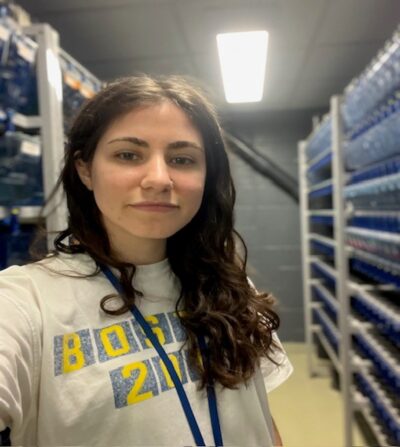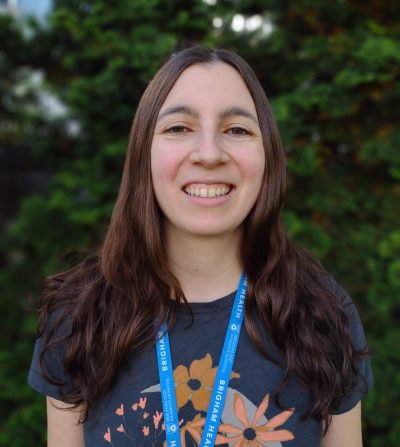
Our Team
MacRae Lab PI

Calum A. MacRae, MD, PhD
Dr. Calum MacRae is a cardiologist, geneticist and developmental biologist who trained in Edinburgh, London and Boston. He is the Vice Chair for Scientific Innovation at the Department of Medicine at Brigham and Women’s Hospital and Professor of Medicine at Harvard Medical School. In addition, Dr. MacRae is a Principal Faculty Member at the Harvard Stem Cell Institute, and an Associate Member at the Broad Institute.
He works on the human genetics of cardiac and vascular disease, cardiovascular developmental biology, and drug discovery. He has a longstanding interest in the incorporation of genomics and other large-scale datasets into clinical practice, systematic approaches to the discovery of new translatable phenotypes, and the role of disruptive innovation in refashioning the translational interface. His major clinical focus is the Brigham and Women’s Hospital’s Genomic Medicine Program, and he also participates in the Cardiovascular Clinical Genetics Center.
Lab Staff
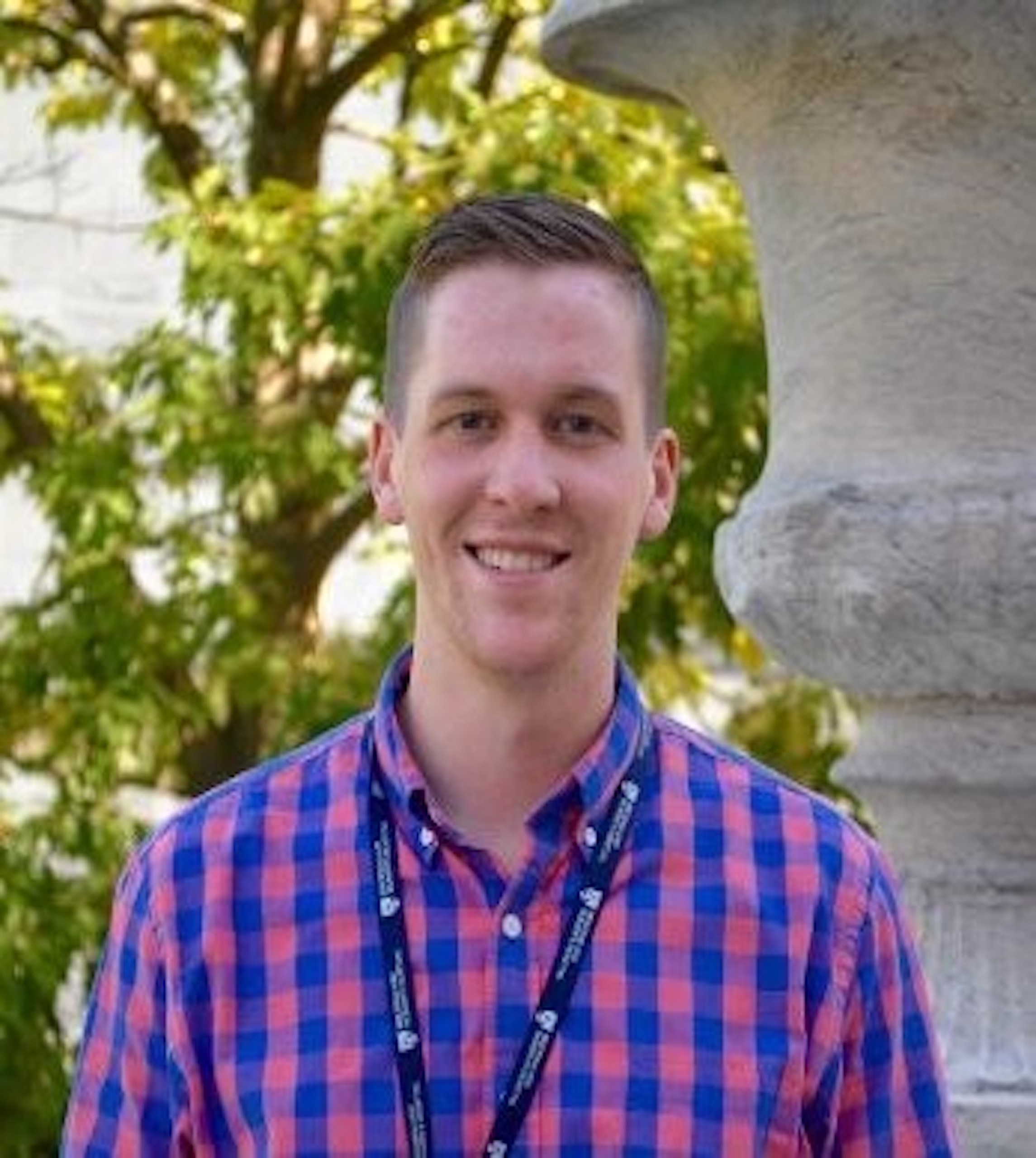
Evan Wilson
Operations
Evan joined the group in 2014 and has served in a variety of roles within research management. Currently he runs operations and management across Dr. MacRae’s ventures. Within the MacRae Lab, he is focused on high-level strategy, orchestrating operations and management across the initiatives to meet long-term project goals.
Outside of work you’ll find Evan trying to keep up with his two daughters, spending time at parks/hiking trails or visiting a local brewery.
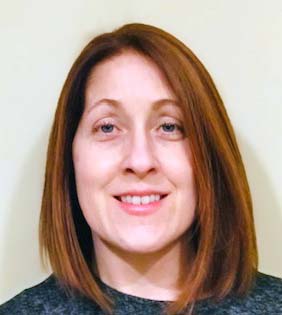
Amy Kelly
Lab Manager
I am the lab manager for the MacRae lab and also manage Dr. MacRae’s One Brave Idea lab. I help take care of the lab, its members, and the zebrafish.

Kusumika Saha, PhD
Research Scientist
I did my PhD at the Medical University of Vienna on the pharmacology of synthetic psychoactive compounds and their mechanism of action at the cellular level. After that, I did my postdoc at Institut Cochin in Paris where I studied the cellular response to stress mediated by misfolded proteins. I joined Dr Macrae’s lab in May 2021 and my research project focuses on cell signaling pathways that respond to adverse cellular microenvironment.
Research Staff

Wandi Zhu, PhD
Instructor

Aryan Kaveh, PhD
Postdoc
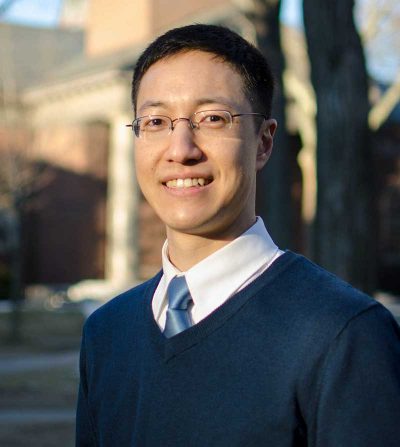
David Chiang, MD, PhD
Postdoc

Masahiro Satoh, MD, PhD
Postdoc

Wandi Zhu, PhD
Instructor
After obtaining her PhD. in Biomedical Engineering at Washington University in St. Louis, Wandi joined the MacRae Lab in 2019. With a cardiac electrophysiology background by training, she is now investigating the roles of ion channels in regulating blood and endothelial cell functions. In particular, she is interested in the mechanotransduction pathways of blood clotting in cardiometabolic diseases.
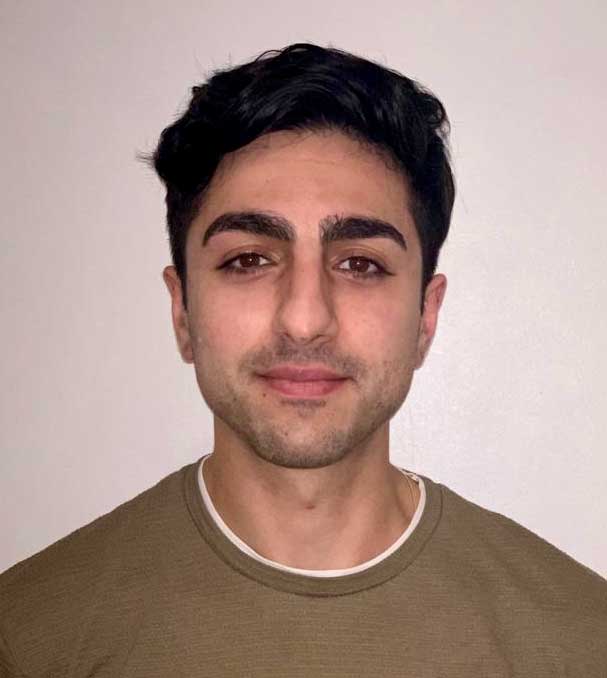
Aryan Kaveh, PhD
Postdoc
Originally from the UK, Aryan joined the MacRae lab as a research fellow in September 2021 following completion of his PhD at the University of Edinburgh. With a zebrafish-focused research background in cardiovascular development, cardiac regeneration and immune cell biology, Aryan is now exploring mechanisms underlying early atherosclerosis development.
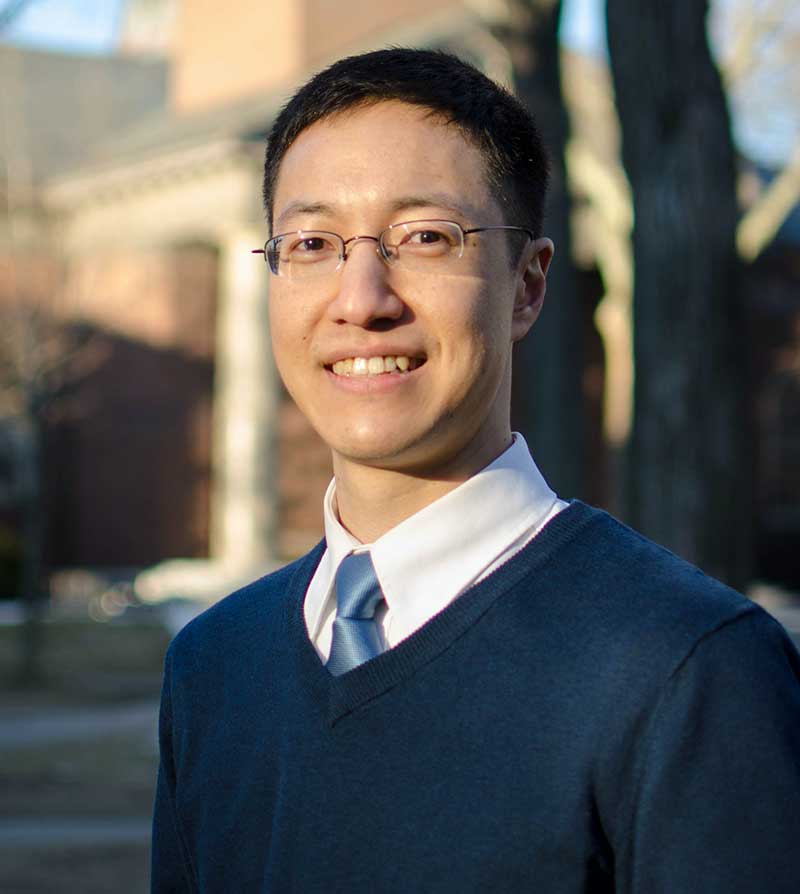
David Chiang, MD, PhD
Postdoc
David grew up in Taiwan and moved to Vancouver, Canada at the age of 11. He obtained his B.Sc. in Honours Physiology from the University of British Columbia in Vancouver, Canada, and his MD and PhD from Baylor College of Medicine in Houston, Texas, with a thesis focused on the molecular mechanisms of atrial fibrillation, under the mentorship of Xander Wehrens, MD, PhD. Upon graduation David undertook a research fellowship in the lab of Albert Heck, PhD in Utrecht University, The Netherlands as a Basic Research Fellow of the European Society of Cardiology. He then moved to Boston, MA for his internship and residency training in Internal Medicine at Brigham and Women’s Hospital. After graduating from the program, he joined the MacRae lab as a research fellow. David’s research projects focus on elucidating the genetic and molecular mechanisms underlying cardiac arrhythmias with the goal of developing novel disease-modifying therapeutics.
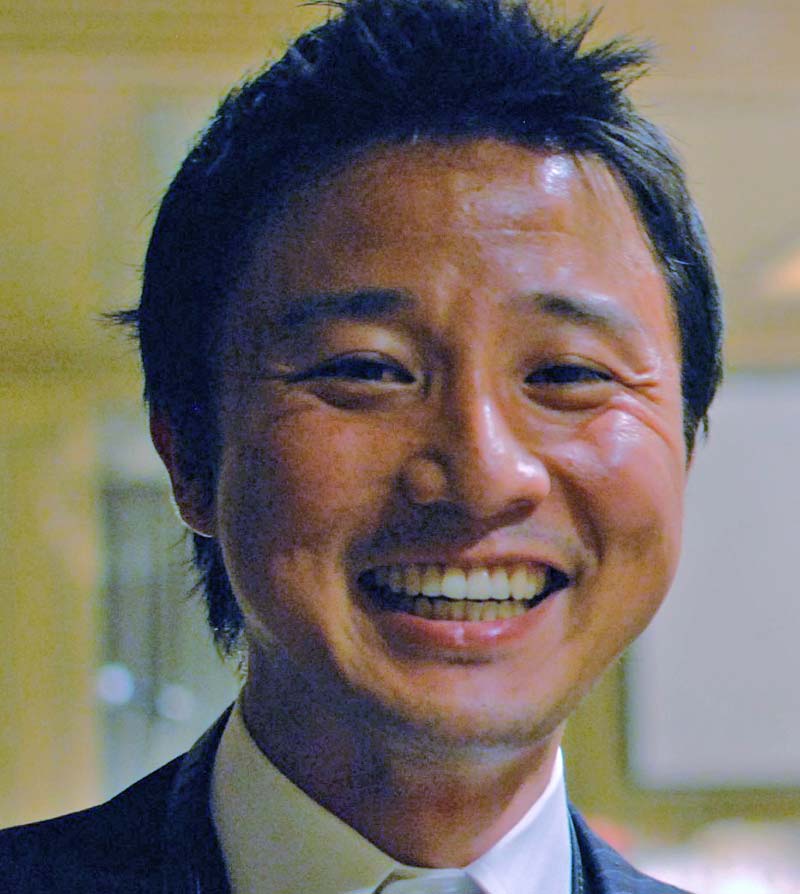
Masahiro Satoh, MD, PhD
Postdoc
Originating from Japan, Masahiro obtained his MD/Ph.D. from Chiba University. His thesis aimed to better understand how heart failure develops at a single cell level. He was a postdoctoral researcher at The University of Tokyo and joined the MacRae Lab as a research fellow in 2019. Masahiro is interested in understanding the molecular mechanisms of heart development and the pathophysiology of cardiovascular disease to identify the potential molecular target for therapeutic intervention. To fully understand the dynamic profile of cells carrying a pathogenic mutation, Masa uses scRNA-seq at different developmental stages to identify the earliest transcriptional changes occurring during heart failure and to follow the different trajectories of wild-type and mutant cells to better understand their behavior over time.
Research Assistants
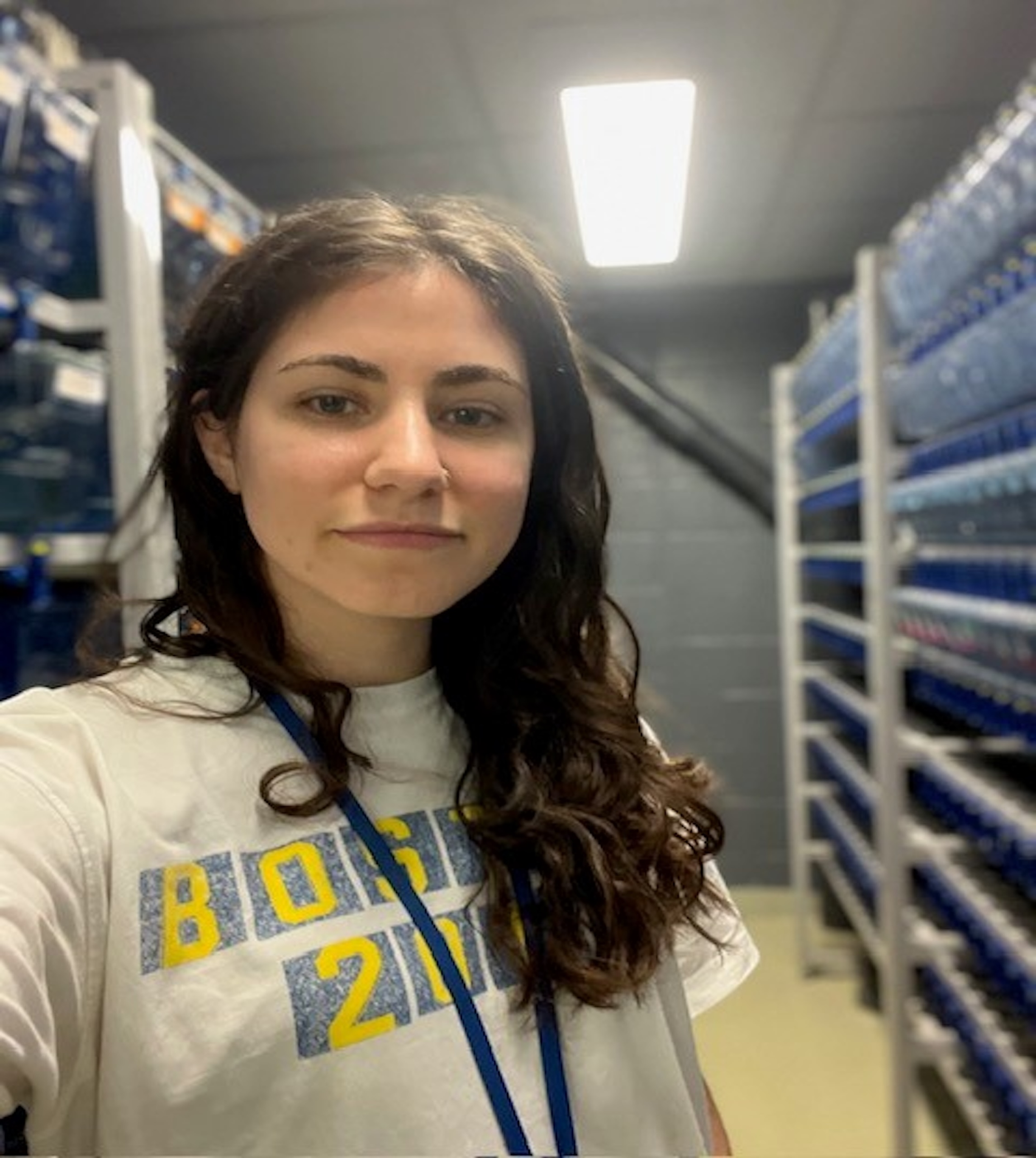
Corey Newcomb
I graduated from Roger Williams University with a Bachelors in Marine Biology in 2019 where I worked in a phycology lab. I then got my Masters degree in Aquaculture at James Cook University in Australia and graduated in 2021. I am a full time technician in the aquatics lab at BWH and spend my time taking care of the fish, equipment, and the facility.
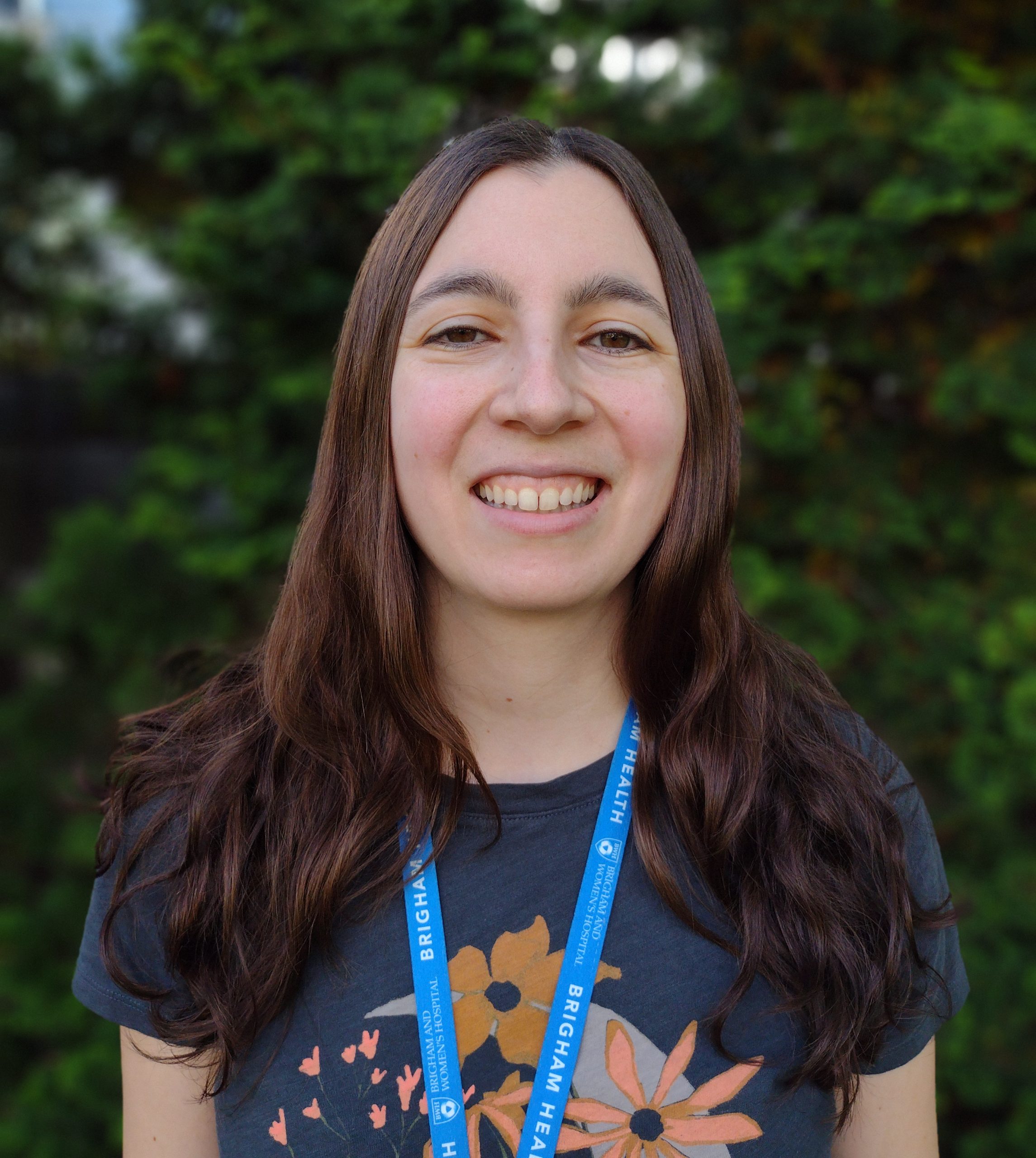
Franki Vetrano-Olsen
I graduated from Salem State University with a Bachelor’s Degree in Marine Biology. Prior to joining the Macrae Lab I had been working with zebrafish as a husbandry technician for 6 years. My job at the lab is to manage and maintain the various zebrafish lines that we use for our research.
Graduate Students

Dajun Quan
Studying as a M.D. candidate in cardiovascular major at Wuhan University in China, Dajun joined the MacRae’s lab as a research trainee in 2019. With the background of differentiating IPS cells into cardiomyocytes, he is trying to explore the mechanism of atrial fibrillation through IPS combined with gene editing technology, which can be then used to intervene the occurrence or degree of atrial fibrillation.


